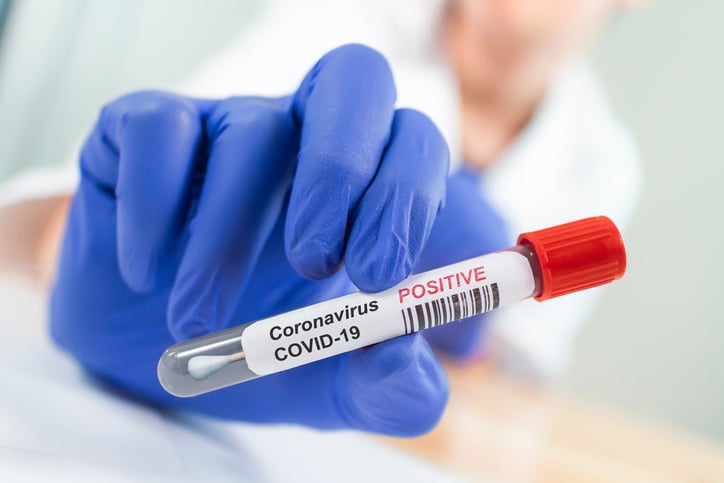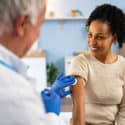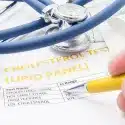
As summer begins and COVID-19 cases in Alabama increase, you may wonder, “When should I get tested? If I’ve been tested already, do I need to get retested?” The simple answer is this: anyone can walk-in to MainStreet Family Care to be tested at any time for the virus or for antibodies.
MainStreet Family Care provides viral COVID-19 tests, which are swab tests. We can perform rapid COVID-19 antigen tests or molecular swab tests that are sent to a lab for testing. We also offer the COVID-19 antibody blood test, where we draw blood and test it for antibodies that fight COVID-19.
So, should you wait till you have symptoms to go ahead and get tested? Or is it worth it to see whether you had an infection in the past? Ultimately, the decision is a personal one. However, we can provide some helpful guidelines.
Getting tested for COVID-19
Getting tested can give you the knowledge you need to keep others from potentially being infected. If you’re exposed to the virus, you should be tested. Also, if you have had close contact with a confirmed case, you should get tested—whether or not you have symptoms. This allows time to identify people who could potentially be positive before they develop severe symptoms and unknowingly pass the infection on to others.
This virus’s incubation period is around 5 to 7 days, but it can be up to 14 days. So if you get tested too early after being exposed to someone who tests positive, the test might not be accurate.
Taking the Antibody and Viral Tests
The antibody tests we use look for immunoglobulin M (IgM) and immunoglobulin G (IgG) levels. These tests can tell whether you recently had an infection or had one in the past. A positive antibody test tells you that you have the antibodies needed to fight COVID-19. It doesn’t necessarily tell you whether you have the virus currently or if you are over it. This is why we suggest having both the viral swab test AND the antibody blood test. This way, patients can be certain that they have the most accurate results possible. Keep in mind that Antibody testing isn’t recommended for those with recent COVID-19 symptom onset.
Getting Retested
Once a patient tests positive for the virus, The Centers for Disease Control and Prevention (CDC) says a positive test means you should isolate at home for 10 days. After the 10 days, the patient can return to the clinic for retesting. This is to ensure that you are no longer are actively infected with the virus and helps prevent the spread. If the retest comes back positive, the patient is advised to quarantine again until a retest comes back negative and confirms that you are no longer infected.
Even if you tested negative at one point in time and later begin developing symptoms, it is necessary to get retested in order to determine if you’ve been infected.
If you’d like to come in for a COVID-19 test of any kind, please visit our website here to learn more about our process and procedures.
If you still have questions concerning COVID-19 testing, Contact Us. We’re here as a resource and to help you navigate through these tough times.






